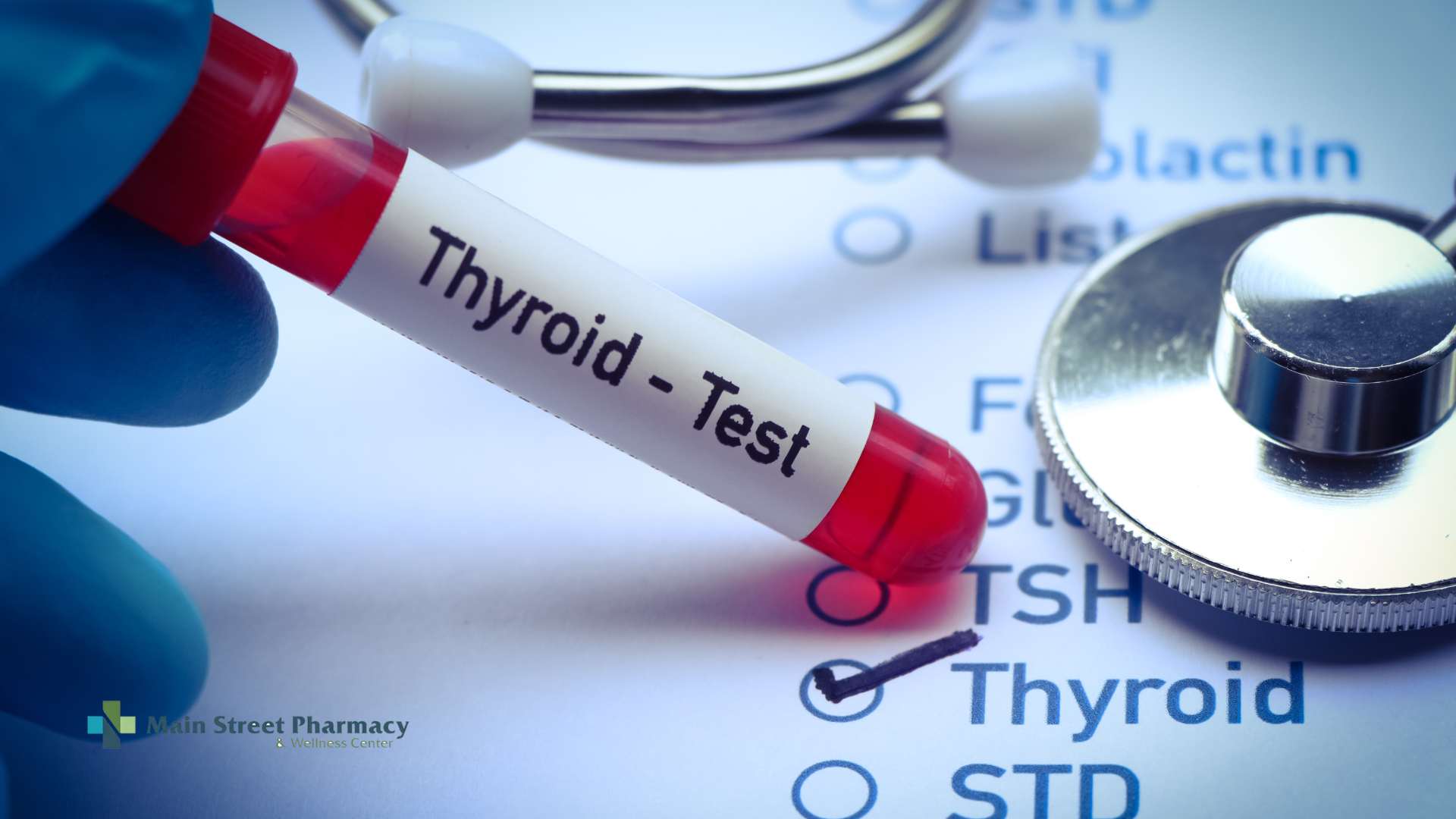Thyroid testing plays a crucial role in diagnosing and managing thyroid disorders, which affect millions of people worldwide. The thyroid gland, located at the base of the neck, produces hormones that regulate metabolism, energy levels, and various bodily functions. When the thyroid isn’t functioning properly, it can lead to a range of health issues. This blog explores the different types of thyroid tests, what they measure, and why they are essential for maintaining optimal health.
The Importance of Thyroid Testing
The thyroid gland produces two primary hormones: thyroxine (T4) and triiodothyronine (T3). These hormones are regulated by thyroid-stimulating hormone (TSH), which is produced by the pituitary gland. An imbalance in these hormones can lead to conditions such as hypothyroidism (underactive thyroid) or hyperthyroidism (overactive thyroid), both of which can significantly impact health and quality of life. Thyroid testing helps detect these imbalances early, allowing for timely and appropriate treatment.
Types of Thyroid Tests
- TSH (Thyroid-Stimulating Hormone) Test
- What it Measures: The TSH test measures the level of thyroid-stimulating hormone in the blood. TSH regulates the production of T4 and T3 by the thyroid gland.
- Why it’s Important: This test is often the first step in assessing thyroid function. High TSH levels typically indicate hypothyroidism, while low TSH levels suggest hyperthyroidism.
- Free T4 (Free Thyroxine) Test
- What it Measures: The free T4 test measures the level of thyroxine in the blood that is not bound to proteins, making it available to enter tissues and affect bodily functions.
- Why it’s Important: This test provides a clear picture of thyroid hormone production. Low levels of free T4 are associated with hypothyroidism, while high levels can indicate hyperthyroidism.
- Free T3 (Free Triiodothyronine) Test
- What it Measures: The free T3 test measures the level of triiodothyronine that is not bound to proteins in the blood.
- Why it’s Important: Although T3 is less abundant than T4, it is more active and potent. This test helps assess the severity of hyperthyroidism and can also be useful in evaluating hypothyroidism.
- Thyroid Antibody Tests
- What they Measure: These tests detect the presence of antibodies that target thyroid tissue, such as thyroid peroxidase antibodies (TPOAb) and thyroglobulin antibodies (TgAb).
- Why they’re Important: Thyroid antibody tests are crucial for diagnosing autoimmune thyroid conditions like Hashimoto’s thyroiditis (hypothyroidism) and Graves’ disease (hyperthyroidism).
- Thyroglobulin Test
- What it Measures: This test measures the level of thyroglobulin, a protein produced by the thyroid gland.
- Why it’s Important: It is often used as a tumor marker in patients with thyroid cancer to monitor treatment effectiveness and detect recurrence.
- Radioactive Iodine Uptake (RAIU) Test
- What it Measures: The RAIU test measures how much radioactive iodine the thyroid gland absorbs from the bloodstream.
- Why it’s Important: This test helps evaluate thyroid function and distinguish between different types of hyperthyroidism.
Interpreting Thyroid Test Results
Understanding thyroid test results requires a comprehensive approach, considering the patient’s symptoms, medical history, and the interplay between different hormone levels. For instance:
- High TSH and Low T4: Typically indicates hypothyroidism, as the pituitary gland produces more TSH to stimulate thyroid hormone production.
- Low TSH and High T4/T3: Suggests hyperthyroidism, where excess thyroid hormone production suppresses TSH levels.
- Normal TSH, Low T4: Could indicate central hypothyroidism, where the pituitary or hypothalamus is not signaling the thyroid properly.
When to Get Tested
It’s important to consider thyroid testing if you experience symptoms such as unexplained weight changes, fatigue, mood swings, changes in heart rate, or temperature sensitivity. Women, particularly those over 60, pregnant, or postpartum, are at higher risk for thyroid disorders and may benefit from regular screening.
Preparing for Thyroid Tests
Generally, no special preparation is needed for thyroid tests, but informing your healthcare provider about any medications or supplements you take is essential, as these can affect the results. For the RAIU test, specific dietary restrictions might be required to ensure accuracy.
Conclusion
Thyroid testing is a critical component of diagnosing and managing thyroid disorders, offering invaluable insights into hormone levels and gland function. By understanding the different types of thyroid tests and their importance, you can take proactive steps in maintaining thyroid health. Regular monitoring and early detection through these tests can significantly improve treatment outcomes and quality of life. If you suspect thyroid issues, consult with your healthcare provider to determine the appropriate tests and create a plan for optimal thyroid health.






